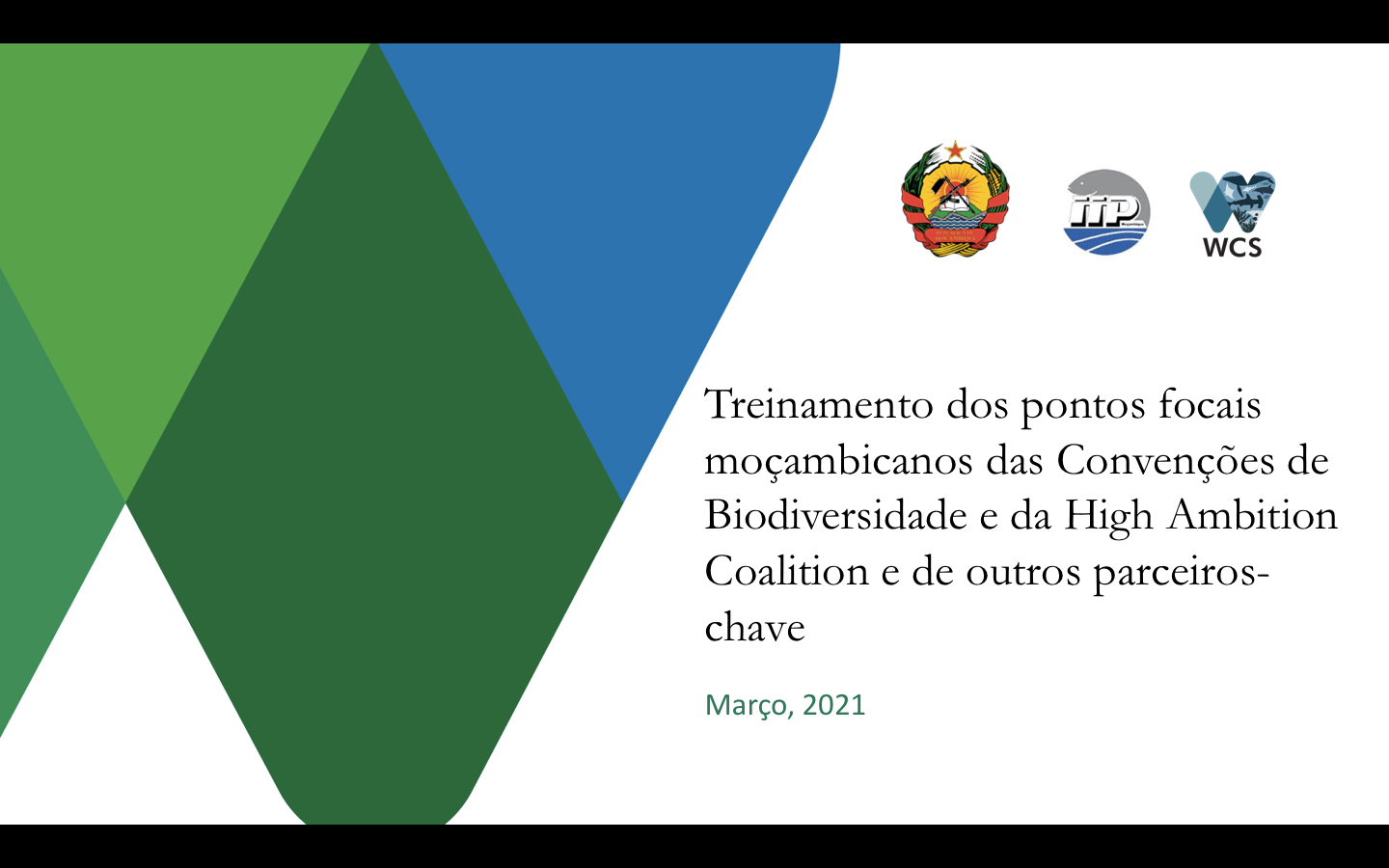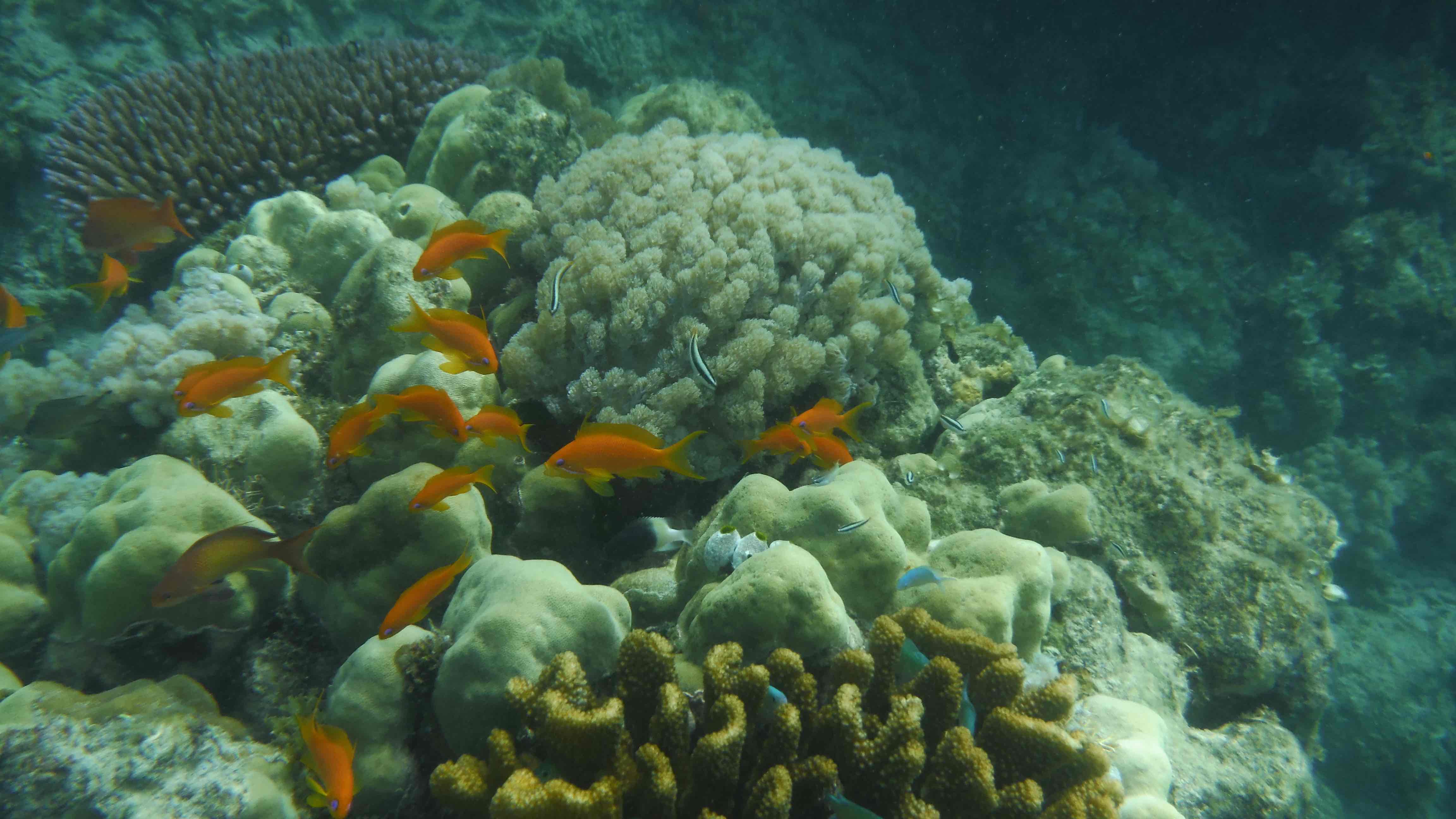The National Institute for Fisheries Research (IIP) and the Wildlife Conservation Society (WCS) are promoting a training session for Mozambican focal points of the international biodiversity conventions and initiatives ratified by the country and for several key government partners. This takes place online, from 4 to 10 March, and is being attended by 30 Mozambican technicians, with the aim of providing them with information relevant to the functions they perform related to multilateral environmental processes, particularly the Convention on Biological Diversity (CBD), including the negotiation of new strategic instruments for the period 2020-2030 and the implementation of its resolutions at national level.

This training is expected to contribute to strengthen the informed participation of the Government of Mozambique in the development of its policy positioning for international negotiations and the future implementation of the Global Biodiversity Framework post-2020, in addition to the country's engagement in the High Ambition Coalition, which aims to protect 30% of the terrestrial and marine environments by 2030.

Credits: @Hugo Costa
This training is part of a larger project that aims to support the Government in developing scenarios for the expansion of the current National Network of Marine Conservation Areas (MCA), subsidising the Maritime Spatial Plan, currently under development. The National Network of MCAs covers about 2.1% of the exclusive economic zone (EEZ), falling well short of the 10% that Mozambique has committed to achieve by 2020 under the CBD. More recently, in September 2019, the Government of Mozambique committed to the High Ambition Coalition 30/30 initiative, which aims to protect at least 30% of the terrestrial and marine environments by 2030. The development of scenarios for the strategic integration of the ACM network in maritime spatial planning is intended to contribute to the establishment of a blue economy in the country, with the growth of economic activities associated with the sea and direct benefit of local communities, with significant improvement of their livelihoods and increased resilience to the effects of climate change.